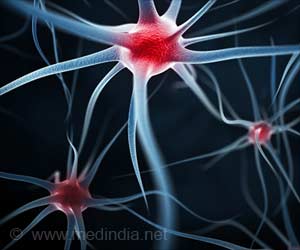
‘Exercise can get to the heart of the problem in Parkinson's disease. People with Parkinson's who exercise are likely able to keep their brain cells from dying.’
Tweet it Now
"Our experiments show that exercise can get to the heart of the problem in Parkinson's disease," said one of the researchers Curt Freed, Professor at University of Colorado Anschutz Medical Campus in the US. "People with Parkinson's who exercise are likely able to keep their brain cells from dying," Freed added. The experiment was conducted in a mouse model of Parkinson's, and the mice in the study, like humans, started to get Parkinson's symptoms in mid-life. At 12 months of age, running wheels were put in their cages.
The researcehrs found that in the running mice, exercise increased brain and muscle expression of a key protective gene called DJ-1, compared to control transgenic animals which had locked running wheels.
Those rare humans born with a mutation in their DJ-1 gene are guaranteed to get severe Parkinson's at a relatively young age.
The researchers tested mice that were missing the DJ-1 gene and discovered that their ability to run had severely declined, suggesting that the DJ-1 protein is required for normal movement.
Advertisement
He explained that his animal experiments had very real implications for humans.
Advertisement
Source-IANS














